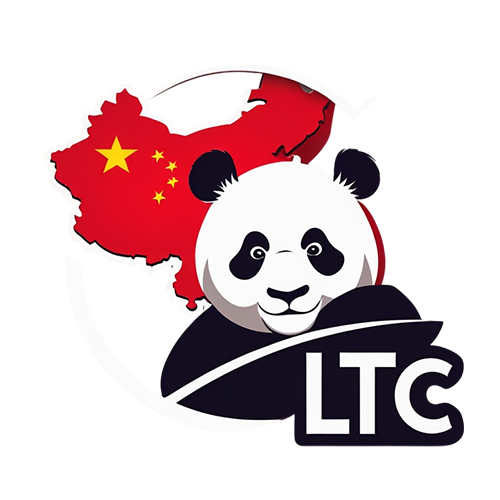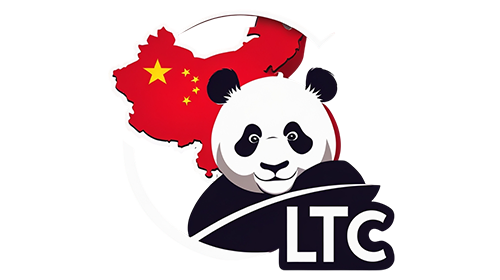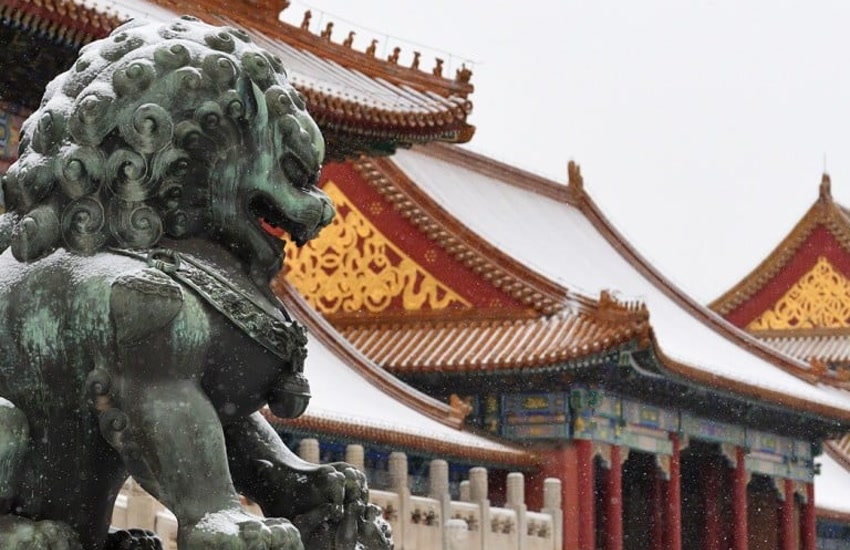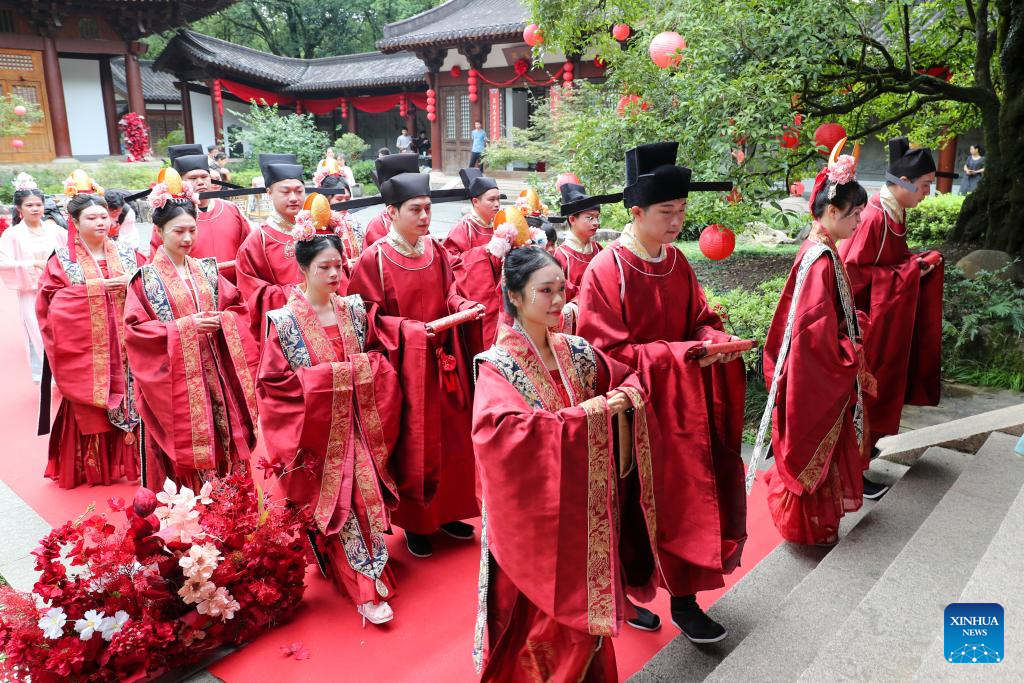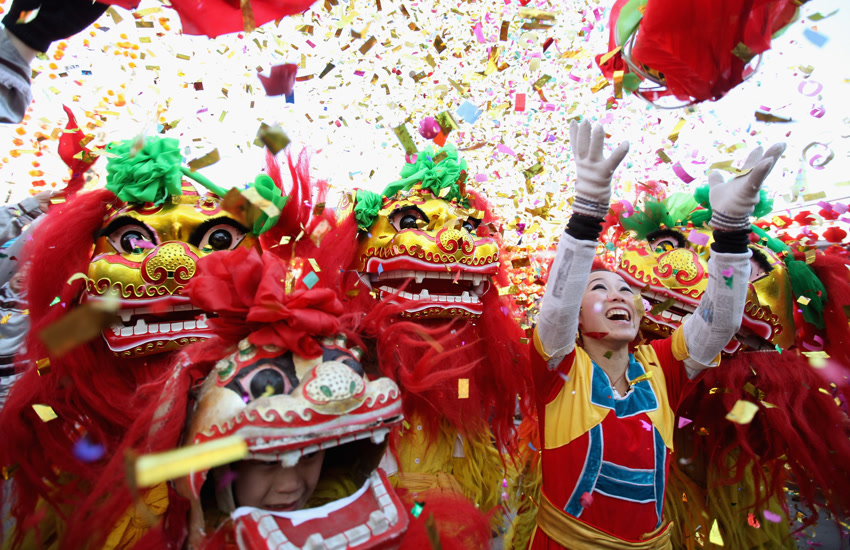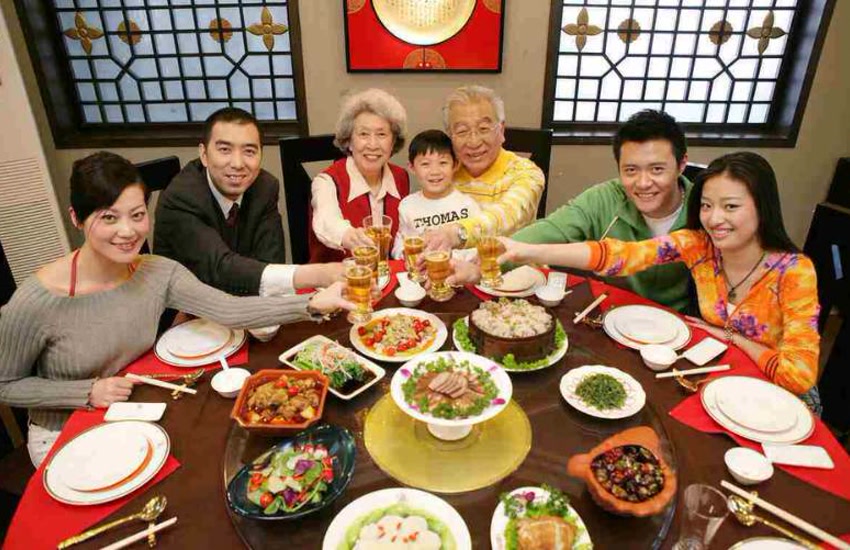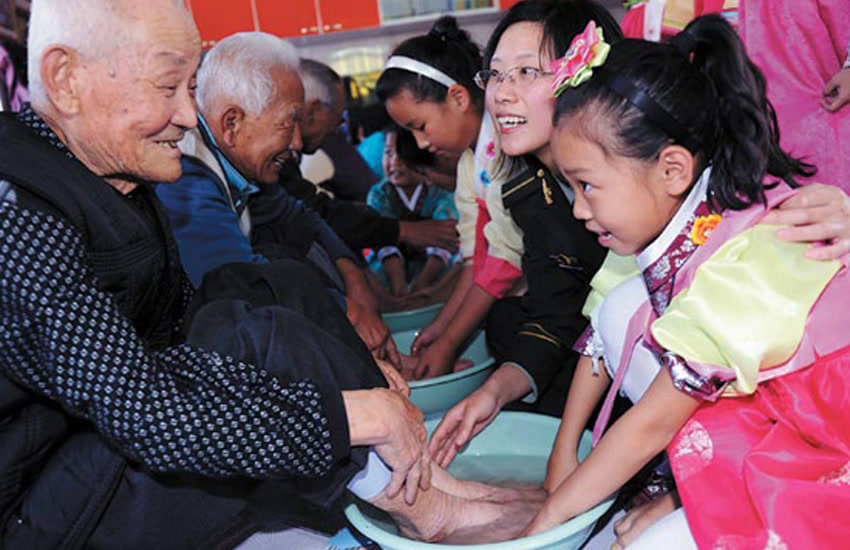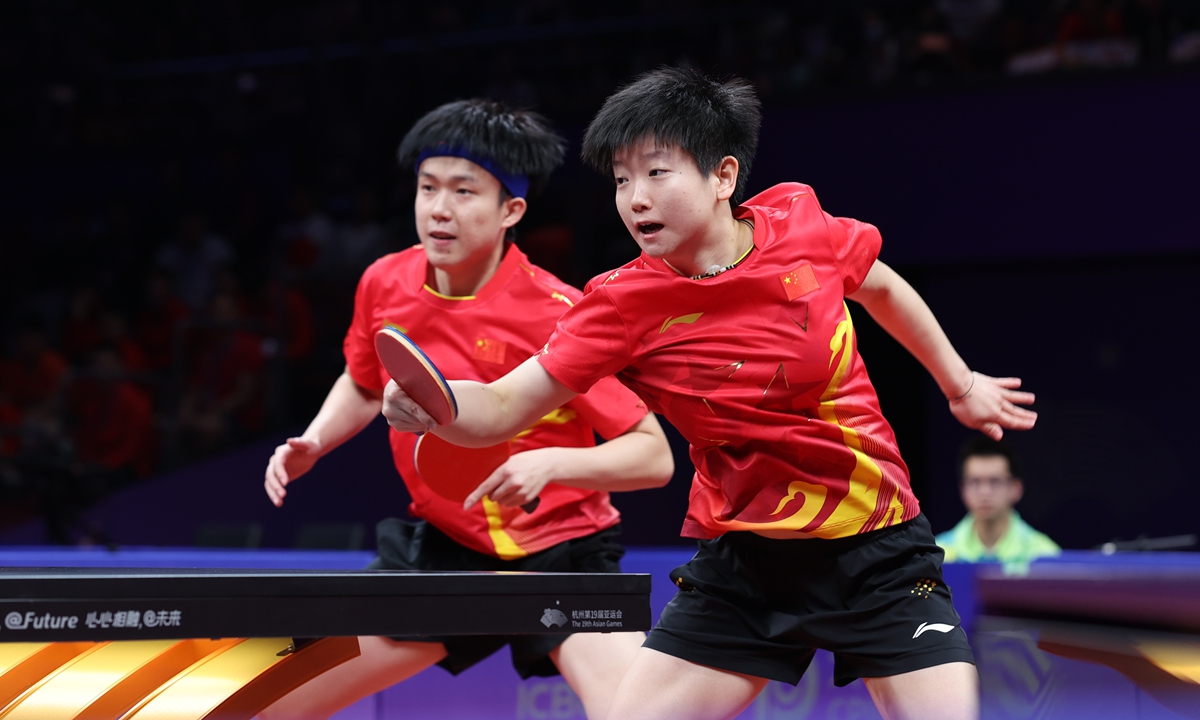
- April 2, 2025
- Alex
- 0
Ni hao, globetrotters! Welcome back to the blog.
As you know, I’m all about diving deep into the heart of China, beyond the tourist places in Beijing China and into the authentic everyday experiences that make this country so captivating.
Today, we’re not just talking about temples and chinese tea in chinese ceremonies (though those are great too!). We’re venturing into the vibrant world of ping pong culture in China, a national pastime that reflects the country’s history, its values, and its sheer competitive spirit.
Table of Contents
ToggleFrom Victorian Parlors to National Pride: A Brief History of Ping Pong in China
Okay, let’s get one thing straight: despite its association with china-china, table tennis didn’t actually originate there. This might be a surprise to many! The sport was actually born in late 19th-century England as a playful after-dinner activity among the Victorian elite. It made its way to China around 1901 via Western settlements, Japan, and Korea.
A Game of National Pride
So how did this British pastime become so ingrained in Chinese culture? Well, the early 20th century saw China grappling with internal strife and external pressures, often portrayed as the “sick man of Asia”. Reformers sought ways to strengthen the nation, and sports, including table tennis, were seen as a way to boost national pride and physical well-being. If you’re looking to apply for port visa shanghai, knowing a little about Chinese culture goes a long way.
Fast forward to 1949, and the founding of the People’s Republic of China. Chairman Mao Zedong, around 1952, designated ping pong as the new guoqiu (国球), the “national ball” or national sport.
Why Ping Pong? More Than Just a Game
Now, why ping pong? Several reasons contributed to its adoption as China’s national sport:
- Affordability: Mao recognized that ping pong was a sport that China could afford. It didn’t require expensive infrastructure like football (soccer) fields or massive stadiums. Tables could be improvised with plywood or even concrete slabs, and equipment was relatively cheap to produce. This made it accessible in every hutong peking road.
- Accessibility: Ping pong is a sport that almost anyone, regardless of age or physical ability, can play. This inclusivity made it perfect for promoting mass participation.
- International Competition: Ping pong offered China an opportunity to compete on the international stage and showcase its newfound strength after decades of turmoil. This was especially important during a time when China faced diplomatic isolation.
- Ideological Alignment: Unlike some other sports, ping pong wasn’t heavily associated with Western elitism. It was seen as a sport that could be enjoyed by the masses. Senior Communist Party leaders, including Mao himself, were known to enjoy the game, further boosting its popularity.

Ping Pong Culture in China: Beyond the Medals
The success on the world stage fueled a nationwide passion for ping pong. Training programs were established, and coaches scoured the country for talented youngsters with quick reflexes and excellent hand-eye coordination. It became a source of national pride, a symbol of China’s resilience and determination. Considering a school trips to china? Learning about ping pong culture would be a perfect addition.
The Accessibility of Ping Pong
In nearly every factory, school, and even rural village, you’d find a ping pong table. During breaks, people would gather for a quick match, using whatever they could find as paddles – even pieces of cardboard! This accessibility contributed to the sport’s widespread popularity.
In fact, you can still see this today! During my travels, I’ve stumbled upon impromptu games in train stations, parks, and even next to rice paddies. It’s a testament to the enduring appeal of ping pong in China.
The Dark Days of the Cultural Revolution
Like everything else in China, ping pong wasn’t immune to the tumultuous Cultural Revolution. In the late 1960s, sports programs were disrupted, and athletes and coaches faced persecution. Tragically, several talented players, including Rong Guotuan, committed suicide under immense pressure. This serves as a reminder of the complex history behind the modern popularity of the sport.
Ping Pong Diplomacy: A Turning Point in History

Ping Pong, More than a Game
But ping pong wasn’t just about competition; it played a pivotal role in international relations. In 1971, at the World Table Tennis Championships in Nagoya, Japan, an unexpected encounter between American player Glenn Cowan and Chinese player Zhuang Zedong sparked what became known as “Ping Pong Diplomacy”.
The Power of Sports
This event, known as Ping Pong Diplomacy, showcased the power of sports to transcend political divides and foster understanding between nations. It wasn’t just about ping pong; it was about breaking down barriers and building bridges. It demonstrated how cultural and people to people exchanges can help de- escalate political tensions and open new channels for dialogue and engagement between nations.
A Game for Everyone: Table Culture in China Today
While other sports like basketball and soccer have gained popularity, ping pong remains a significant part of Chinese culture. You’ll still find tables in parks, community centers, and schools, often dominated by older generations who grew up with the sport. It’s a great way to experience beijing china culture.
Ping Pong Culture in China: Current Trends
Of course, ping pong culture in China is evolving. The rise of e-sports, online gaming, and other forms of entertainment is competing for the attention of young people. Some argue that ping pong is becoming an “old people’s game,” but the sport continues to attract dedicated players and fans.
Why is Ping Pong so Popular in China? Answering Your Questions
Let’s address some common questions that I get asked about ping pong culture in China:
| Questions | Answers |
|---|---|
| Why is ping pong so popular in China? | As we’ve discussed, its affordability, accessibility, historical significance, and the country’s success on the international stage have all contributed to its popularity. |
| What does ping pong mean in China? | Ping pong represents national pride, resilience, and the ability to overcome adversity. It’s a symbol of China’s rise on the world stage and a reminder of its history. |
| What is the table culture in China? | While not exclusively referring to ping pong, the idea of gathering around a table for shared experiences is important in Chinese culture. This includes tea ceremonies, family meals, and, of course, a friendly game of ping pong. |
Experiencing Ping Pong in China: A Traveler’s Perspective
So, how can you experience ping pong culture in China as a traveler? Here are a few ideas:
- Visit a local park: Head to a park in the morning or evening, and you’re likely to see people playing ping pong. Don’t be afraid to ask if you can join in! You can find parks close to you by searching “beijing near me”.
- Check out community centers: Many community centers have ping pong tables that are open to the public.
- Watch a professional match: If you’re lucky enough to be in China during a Super League game, consider attending a match. It’s a great way to witness the skill and passion of top players.
- Learn a few basic phrases: Knowing how to say “Hello,” “Good game,” and “Can I play?” in Mandarin will go a long way. If you need help with the days of the week in china, remember to check out travel guides and online resources.
Ping pong culture in China is more than just a sport; it’s a reflection of the country’s history, its values, and its people. It’s a reminder of a time when a small white ball helped bridge a seemingly insurmountable divide between two nations. So, the next time you’re planning a china itinerary 2 weeks or even a shorter china itinerary 10 days, take some time to experience this unique aspect of Chinese culture. You might just discover a new appreciation for the “national ball” and its enduring legacy. Planning your china travel plan around cultural experiences will create lasting memories.
Have you ever played ping pong in China? Share your experiences in the comments below! And as always, xie xie for reading!
